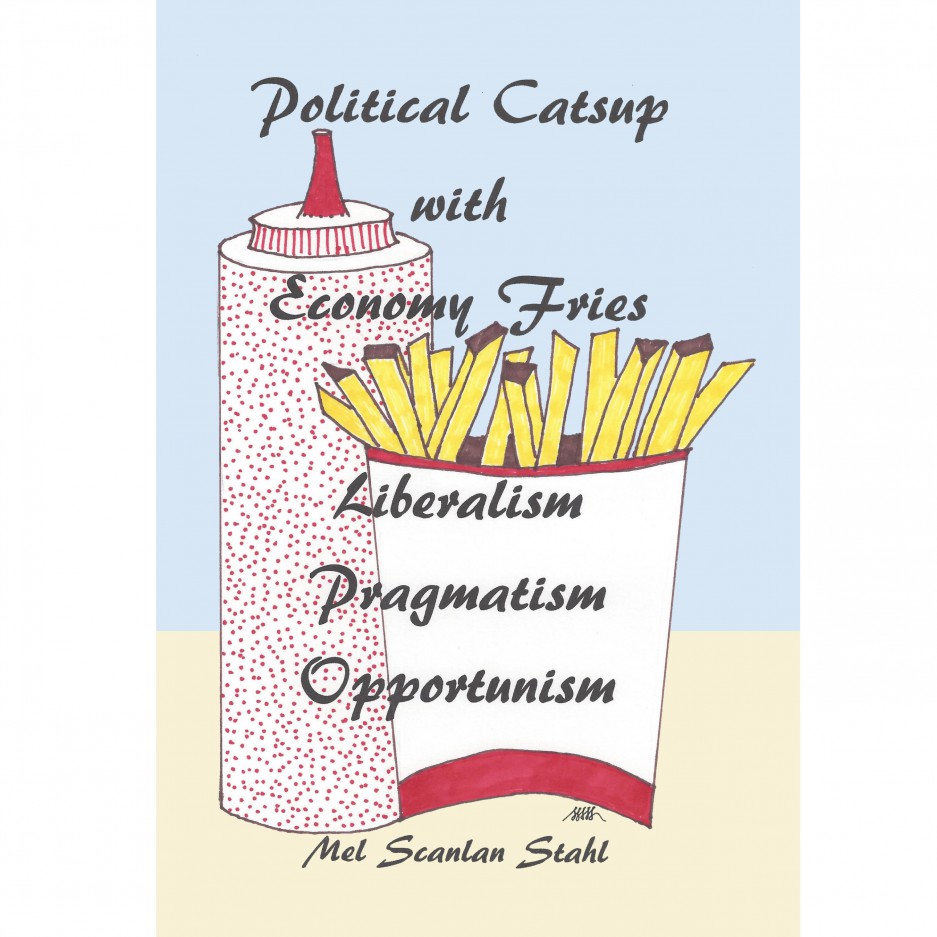As socialism has come into the public arena for discussion, it is the perfect opportunity to discuss collectivist ideologies. There are five collectivist ideologies. They are all adapted for war-making: fascism, socialism, communism, modern liberalism and neoliberalism. They erupted into global politics when human populations expanded mostly during the 19th and 20th centuries.
Fascism is a violent alliance between the government and industry. An example of fascism was seen in Italy, for example, during the second World War. Fascism uses productivity for making war against neighbors. Fascism caused the deaths of many people who were citizens against fascism on the inside and who were from nations in opposition to fascism on the outside. Italian fascists wasted lives and money during WWII and fascism destroyed much more than it built. Fascism failed.
There is also socialism, an ideology where the government nationalizes productive companies and some private capital and property and tries to redistribute assets without actually rewarding producers with the kind of profits they earn; this has been seen in the UK after WWII, for example, after the ascendancy of the Labor Party. Socialism in the UK has failed to produce economic prosperity and it has mostly given way to neoliberalism under Margaret Thatcher. Socialism has been tried in many places and has always failed economically, collapsing the socialist government. In some cases it has given way to another collectivist ideology.
Communism is another form of collectivism. It is an ideology where government takes over private property, private companies and even the labor of its citizens, trying to direct it and control it into greater efficiency. This ideology tries to centralize everything. It has collapsed in the USSR because it failed to reward producers, it centralized the economy but created terrible shortages because of the absence of incentives to reward producers. There were political purges that killed people but also destabilized food production, killing millions more. Millions of people also died of starvation during the Cultural Revolution in Communist China. Communism has failed multiple times. There are five communist nations still existing: Vietnam, China, Cuba, North Korea and Laos. They struggle with problems like starvation, poverty and political oppression. China has tried to allow more profits to producers in order to encourage greater production, but China remains a communist country.
Nowadays, there’s neoliberalism, an alliance between government and industry where government de-regulates industry and directs advantages to corporations under globalization and financialization through tax advantages given to corporations and regulatory restraints on smaller competitors. In the United States we had modern liberalism from the end of the Civil War until the end of WWII. Income taxes were employed in the Northern states in order to win the Civil War and they remain with us today. Modern liberalism was a form of soft socialism where the federal government gained greater power over the economy, and private property through new regulations and taxes but didn’t nationalize most private companies. Modern liberalism, a form of socialism in the U.S., gave way to neoliberalism after WWII.
Now we have neoliberalism where more centralized control of our economy is being attempted using computers in the context of globalization and financialization. Computer algorithms have invaded American life, for example in job selection and in stock market trading. Algorithms evaluated teacher performance and have caused shortages in the teaching profession. Neoliberalism with computers is a form of collectivism that is also failing to produce economic prosperity.
Now that the collectivist ideological systems have been named it is helpful to remember that providing more power to governments has led over history to ruin instead of prosperity. Why? One reason is because even with very great power granted to government, politicians aren’t smarter or able to accomplish for an economy through planning what markets can accomplish through mutually beneficial exchanges between people for what people want and what they can afford to buy. A subsidized market leads to malinvestments that waste resources and higher prices, as we can so easily see all around us under neoliberalism.
Whenever you hear promises thrown out there to you for what socialists want to do, remember history and socialism’s failure. Remember that the government’s unrestrained spending under neoliberalism and modern liberalism has already built up a debt in the U.S. of 22 trillion dollars. Remember that socialists want to take resources from some and give them to others who did not produce them. Remember the suffering that has been witnessed and experienced by millions under socialism.
Our current U.S. political ideology is neoliberalism. Whatever the socialists pretend when they suggest that capitalism is evil, you should realize they are referring to capitalism practiced by neoliberals–just another competing collectivist system that offers similar economic failings. Notice that under neoliberalism, there’s rampant corruption that steals money out of the treasury to benefit only a few. Examples of this are all around us, today. The most recent example was the high speed rail system that just folded in California. A second example is the failure and fraud of Obamacare. Another example is money spent in the Middle East in endless wars.
Governments that are restrained in their power perform better by avoiding the most extreme forms of corruption. One form of corruption under neoliberalism has been unrestrained government spending. Corruption in politics increased in the U.S. under modern liberalism and now even more under neoliberalism. Socialists continue to promise even more unrestrained spending but this would only further damage American economic prosperity. American citizens can be more productive when they are able to keep the benefits of their production and they can’t do that under socialism or neoliberalism.
If you’d like to learn more about American political ideologies, buy a copy of Political Catsup with Economy Fries at Amazon.com.
